Related Research Articles
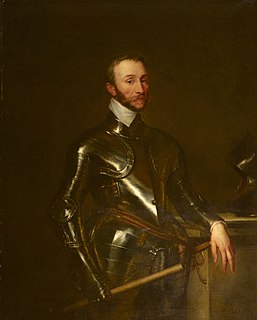
Henry Percy, 8th Earl of Northumberland, 2nd Baron Percy was an English nobleman and conspirator.

Sir Edward Montagu was an English lawyer and judge.
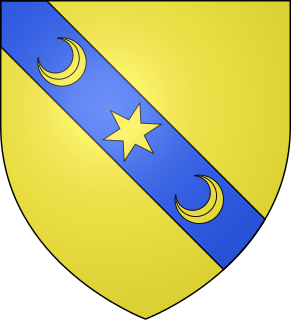
Walter Scott, 5th of Buccleuch, 1st Lord Scott of Buccleuch was a Scottish nobleman and famous border reiver, known as the "Bold Buccleuch" and leader of Kinmont Willie’s Raid. Scott was the son of Sir Walter Scott, 4th of Buccleuch and Margaret Douglas.

The College of Justice includes the Supreme Courts of Scotland, and its associated bodies.
Sir Philip Stephens, 1st Baronet was a British politician who sat in the House of Commons for 47 years from 1759 to 1806, when he was the last surviving Member of Parliament to have served under George II. In the late 18th century, he was First Secretary of the Admiralty and later a Lord Commissioner of the British Admiralty between 1795 and 1806. He was a friend of Captain James Cook and the Pacific atoll of Caroline Island is named for his daughter. Stephens Island in British Columbia was named for him.

Clan Moncreiffe is a Highland Scottish clan.
There have been two baronetcies created for members of the Blackett family, both in the Baronetage of England. One creation is extant as of 2013. The Blackett family can be traced back to the Blacketts/Blakheveds of Woodcroft, County Durham, some of whom became highly successful in the lead and coal mining industries in Northumberland and County Durham.

William de Grey, 1st Baron Walsingham PC KC, was a British lawyer, judge and politician. He served as Lord Chief Justice of the Common Pleas between 1771 and 1780.
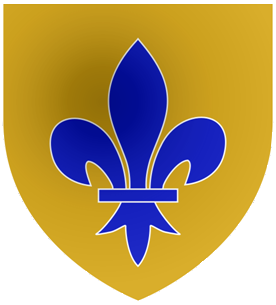
Sir William Portman was an English judge, politician and Chief Justice of the King's Bench. He was MP for Taunton in 1529 and 1536.

Colonel Sir James Buchanan Macaulay, CB was a lawyer and judge in colonial Canada.
Sir John Stoddart was a British journalist and lawyer, who served as editor of The Times.
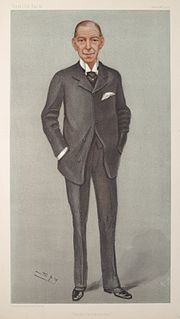
Hamilton John Agmondesham Cuffe, 5th Earl of Desart, was an Irish peer and barrister.

Sir Henry Halford, 1st Baronet, GCH, born Henry Vaughan, was president of the Royal College of Physicians for 24 years. As the royal and society physician, he was physician extraordinary to King George III from 1793 to 1820, then as physician in ordinary to his three successors – George IV, William IV and the young Victoria. He also served other members of the Royal Family until his death.

John Thomas was an English churchman, Bishop of Rochester from 1774.

Sir Brian Tuke, was the secretary of Henry VIII and Cardinal Wolsey. He became treasurer of the household.
George Livingston PC was a military officer and third Earl of Linlithgow.
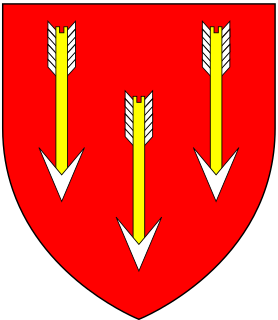
Sir James Hales was an English judge from Kent, the son of the politician and judge John Hales. Though a Protestant, he refused to seal the document settling the crown on the Protestant claimant Lady Jane Grey in 1553, and during the following reign of the Catholic Queen Mary opposed the relaxation of the laws against religious nonconformity. Imprisoned for his lack of sympathy to Catholicism and subjected to intense pressure to covert, in a disturbed state of mind he committed suicide by drowning. The resulting lawsuit of Hales v. Petit is considered to be a source of the gravediggers' dialogue after Ophelia drowns herself in Shakespeare's play Hamlet.
Sir James Colville of Easter Wemyss was a Scottish administrator, lord of session and diplomat.
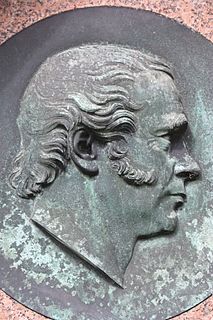
Sir James Wellwood Moncreiff, 9th Baronet, with the judicial title Lord Moncreiff (1776–1851) was a Scottish lawyer and judge.
James Scott of Balwearie was a Scottish landowner and supporter of the rebel earls.
References
![]()